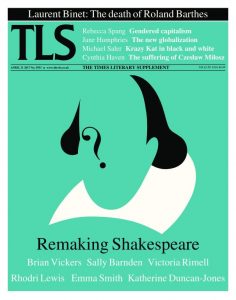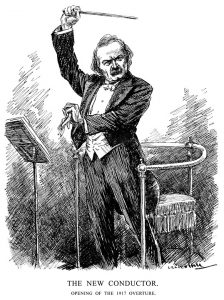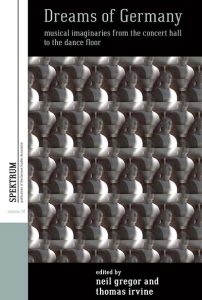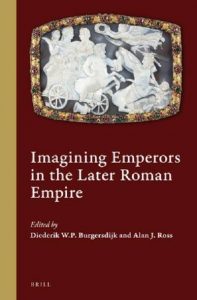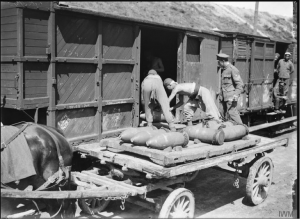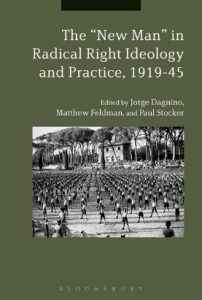
Teaching in an Age of COVID
Professor Neil Gregor
Avenue Campus, where single and dual honours History students once congregated en masse.
This year has brought its challenges for tutors and students
alike. But the need to rethink how we
deliver our teaching has also brought its advantages. These are not only
practical – they have also been intellectual.
For me, this has been particularly the case at final year
undergraduate level.
Continue reading →




